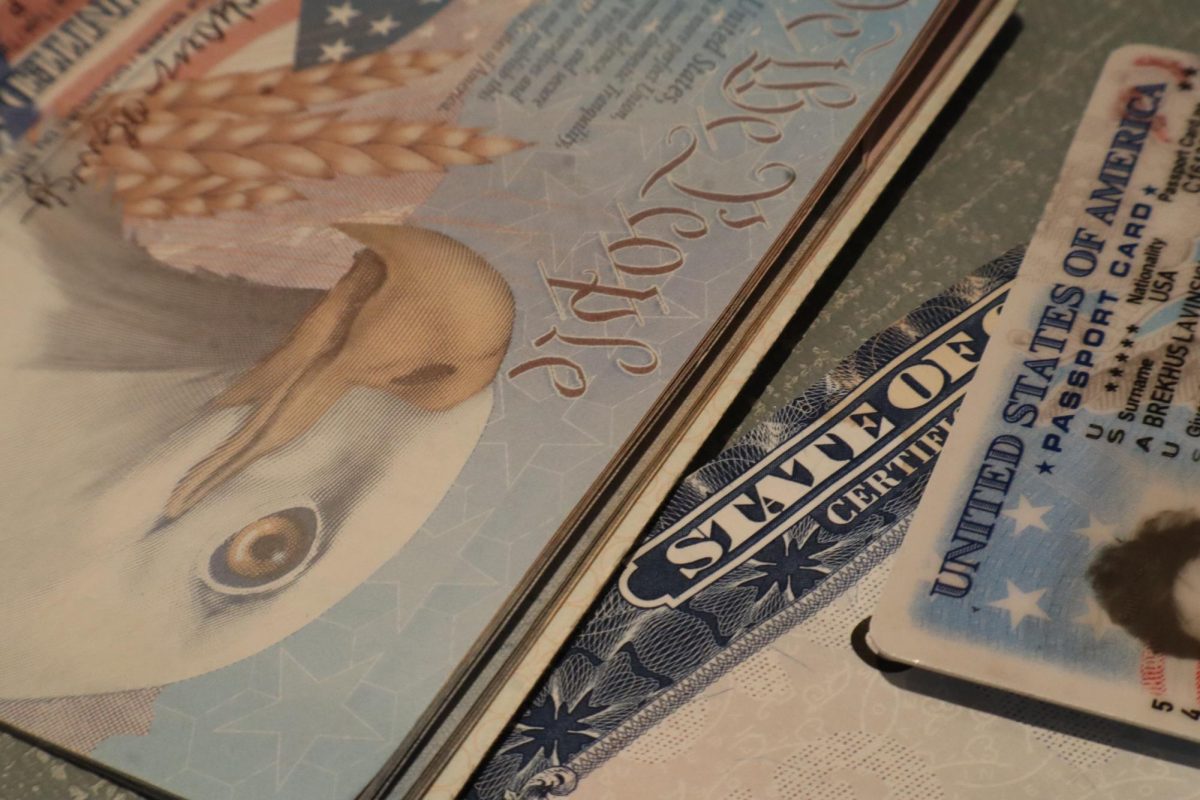Since the Phone-Free Schools Act passed on Sept. 23, requiring California school districts to develop smartphone-limiting policies, Tamalpais Union High School District (TUHSD) board members have deliberated on the best smartphone regulation solution. The most commonly discussed solution has remained Yondr cell phone pouches, profiled in a previous Bark article. The challenge for board members continues to be finding a solution that meets the needs of students, teachers and parents alike.

Skeptics have criticized much of the Yondr pouch proposal, including the $160,000 district-wide implementation cost. This money, they say, could be wasted with the relatively inexpensive invention of fishing magnets, allowing students to open the pouches themselves, costing the district another $20,000 to $30,000 a year of maintenance.
TUHSD board member Karen Loebakka understands the risks of this high investment and has been working to find the best solution.
“We have concerns. A decision has not been made about the Yondr pouches. It’s an option, and it could be a phenomenal option, but we certainly have been made aware of the risks in that investment,” Loebakka said. “We’re not going to make that investment until we are convinced that this is the right one, not only from a financial standpoint but also whatever is the best option [for staff and students].”
On the contrary, another TUHSD board member, Kevin Saavedra, thinks that Yondr pouches are the best solution at the moment.
“Unless the Yondr vendor comes back and convinces me [not to implement the pouches], I think I’d rather stay with [Yondr pouches] than find something else,” Saavedra said.

Like Saavedra, Loebakka is one of many board members who feel strongly about prohibiting cell phone use during class time and throughout the entire school day.
“I know there are concerns about lunchtime, and I get that, but cell phone use is not healthy. And there are so many studies that show that it’s not healthy. We’re trying to look out for the best for [students],” Loebakka said.
Saavedra highlighted the importance of having a policy that is easily enforceable by the TUHSD staff.
“We want phones out of the classroom, full stop. We don’t want phones disrupting class time, and we do not want teachers to have to be the bad guys. What we have [decided] is that we are going to have a blanket policy. If [a student or parent] is pissed at somebody, [they can] blame the school board,” Saavedra said.
At this point in the decision-making process, the board still seeks input from students, teachers and parents. Loebakka encourages any district member to voice their opinion to the board, whether at a board meeting or through an email.
“Let me just say how much we respect and appreciate the input of the students who have attended the [board] meetings, written letters and reached out to us individually. That student engagement is so important, and we so appreciate it,” Loebakka said.







![“[The Scotty Lapp Memorial Skatepark signifies that] Scotty’s energy, fun vibes and spirit will live on forever,” Jason Lapp said.](https://redwoodbark.org/wp-content/uploads/2025/03/346E3938-2C25-4CBB-9D6B-0ED4BD4A242A_1_105_c.jpeg)
